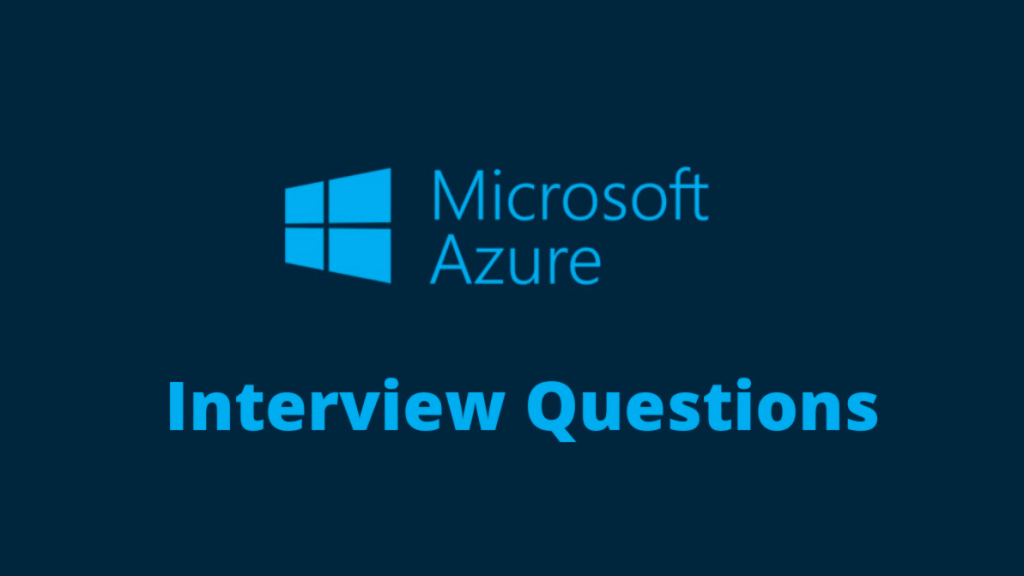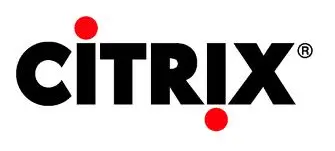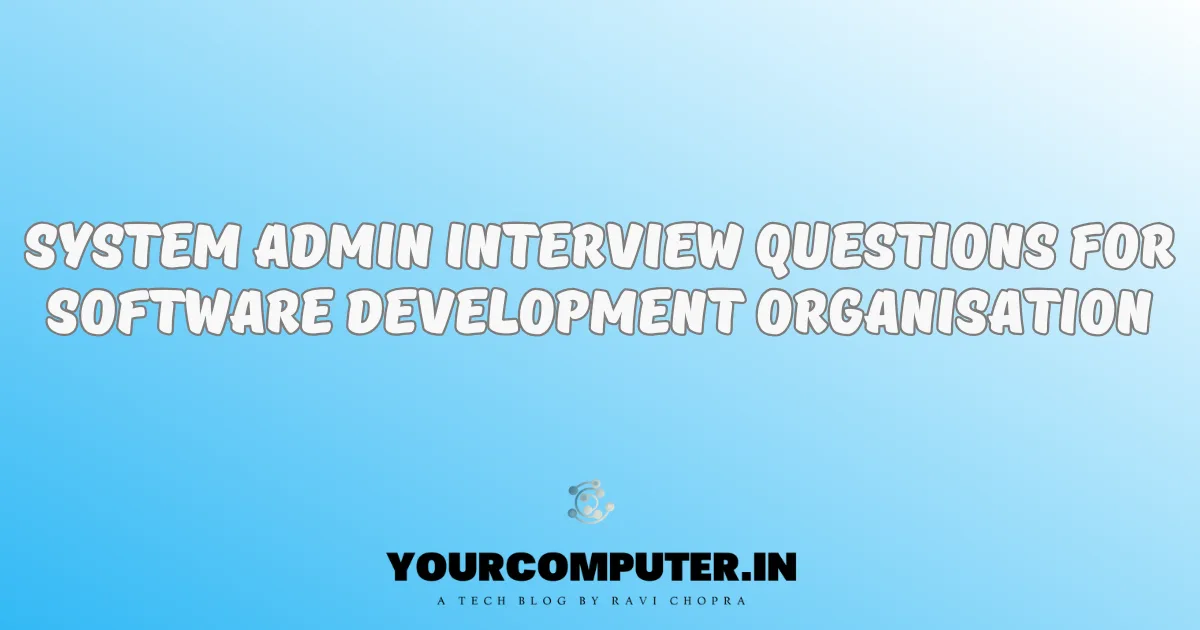Azure Cloud Interview Questions
Azure Cloud is one of the leading cloud computing platforms that has been gaining popularity in recent years. If you’re preparing for an Azure Cloud interview, you’ll want to be prepared to answer questions about your knowledge of the platform, your experience with cloud computing, and your technical skills. Here are the top 10 Azure Cloud interview questions you should know to help you ace your interview.
- What is Azure Cloud, and how is it different from other cloud platforms?
This question tests your basic knowledge of the Azure Cloud platform and its key features. You should be able to explain the main advantages of Azure Cloud over other cloud platforms and how it can benefit businesses.
- What are the different service models in Azure Cloud?
In this question, the interviewer is trying to gauge your understanding of the different service models in Azure Cloud, such as Infrastructure as a Service (IaaS), Platform as a Service (PaaS), and Software as a Service (SaaS).
- What is the difference between Azure Virtual Machine and Azure Cloud Services?
This question is designed to test your knowledge of the differences between Azure Virtual Machines and Azure Cloud Services. You should be able to explain the benefits and drawbacks of each and when it’s appropriate to use one over the other.
- What is the Azure Resource Manager, and how does it work?
The Azure Resource Manager is a key feature of the Azure Cloud platform that allows you to manage and deploy resources in a more efficient and consistent way. You should be able to explain how it works and its benefits.
- What is Azure Functions, and how does it work?
Azure Functions is a serverless computing service that allows you to run code in response to events. You should be able to explain how it works and how it can be used to automate tasks and improve application performance.
- What is Azure DevOps, and how can it help with software development?
Azure DevOps is a set of services that help you manage your application development lifecycle, including source control, continuous integration, and continuous delivery. You should be able to explain how it works and how it can help with software development.
- What is Azure Data Factory, and how does it work?
Azure Data Factory is a cloud-based data integration service that allows you to create, schedule, and manage data pipelines. You should be able to explain how it works and its benefits.
- What is Azure Security Center, and how does it help with cloud security?
Azure Security Center is a set of tools that help you identify and mitigate security threats in your cloud environment. You should be able to explain how it works and how it can help you maintain a secure cloud environment.
- What is Azure Site Recovery, and how does it work?
Azure Site Recovery is a disaster recovery solution that allows you to replicate and recover virtual machines and physical servers. You should be able to explain how it works and its benefits.
- What is Azure Kubernetes Service (AKS), and how does it work?
Azure Kubernetes Service (AKS) is a fully managed Kubernetes container orchestration service that simplifies the deployment and management of containerized applications. You should be able to explain how it works and its benefits.
Conclusion:
By preparing for these top 10 Azure Cloud interview questions, you’ll be well on your way to acing your interview and landing the job you want.
For more Interview questions and answers please refer to the below Articles
Top 50 Active Directory Interview questions with answers
Top 35 Azure AD Interview Questions and Answers
25 Challenging VMware Interview Questions with Detailed Answers
25 Must-Know Kubernetes Interview Questions and Answers
Top 40 Wintel Interview Questions and Answers
Top 10 AWS Interview Questions and Answers
Top 10 Google Cloud Platform Interview Questions and Answers
Windows Cluster Interview Questions and Answers
- Why should you automate Active Directory cleanup? - 17 June 2025
- Troubleshooting: Unable to Add Instance Failover Group to Azure SQL Managed Instance - 4 March 2025
- 10 Azure Virtual Desktop (AVD) Cost-Optimization Strategies for 2025 💡💰 - 22 February 2025




Comments are closed.